How to Choose a Reliable Supplier: The Ultimate Checklist
- Leo Xia

- Aug 6, 2025
- 5 min read
Updated: Sep 17, 2025
Quick Content Reach:
Choosing the right supplier is a strategic decision that can either grow your business or expose you to financial risk, quality issues, and delivery delays. In the competitive world of stationery and writing paper products, especially when sourcing from global manufacturers, a reliable supplier isn't just a partner—they are an extension of your brand promise.
I'm Leo Xia, CEO of Lion Paper Products. With 20+ years of manufacturing and exporting experience across the world, I've helped brands streamline procurement and reduce cost while elevating product quality. Today, I’ll share a step-by-step checklist to help you choose a truly reliable supplier, based on real-world experience and industry best practices.
1. Evaluate Technical Capabilities
A trustworthy supplier must demonstrate strong technical capabilities—meaning modern machinery, digital workflows, and continuous process optimization. Ask the supplier:
Do you use high-efficiency automated equipment?
Can you provide specific machines in use (e.g., Heidelberg printers, die-cutting machines)?
Do you offer in-house R&D for custom product development?

Let's take Lion Paper Products, my own factory, as an example. We invested in 20+ advanced machines to ensure efficiency, consistency, and speed. This reduces the lead time and enhances product scalability.
2. Assess Quality Control Systems
A solid QC system is the backbone of reliable supply. Here’s what to check:
ISO9001 and product safety certifications (e.g., CPSIA, California Prop 65)
Multistage inspection procedures: from raw material to final packaging
Transparency in inspection (e.g., wearable video recorders during QC)
In-house QA personnel
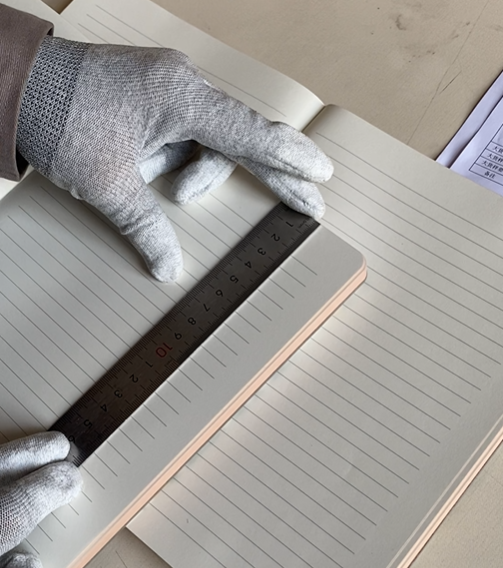
For my factory, both inside and out, I have developed a systematic QC procedure that covers everything from raw material inspection to final shipment. This approach not only ensures high quality but also reduces complaints from our clients' customers.
Through a rigorous quality inspection process and system, we have helped our clients reduce customer complaints by 10%, protecting their brand reputation and earning their trust.
3. Speed and Responsiveness
Responsiveness is often the deal-breaker. A reliable supplier should:
Respond to inquiries within 24 hours
Provide quotes within 1–2 days
Deliver samples within 5–7 business days
Offer fast after-sales support
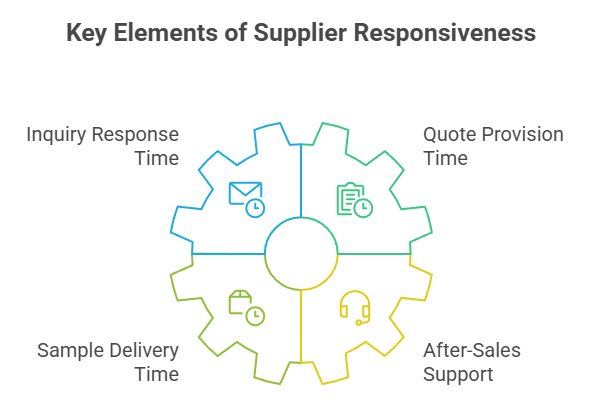
Speed isn’t just about pace—it’s about predictability. At Lion Paper, we’ve streamlined pre-sale and post-sale communication to match the rhythm of international buyers. An online meeting is also essential if you find yourself in an urgent situation.
4. Evaluate Delivery Capacity and Consistency
Can your supplier deliver consistently, especially during peak seasons? Ask for:
On-time delivery rate metrics
Logistics partners and incoterms they use
Inventory and warehousing strategies
Backup plans in case of material shortages
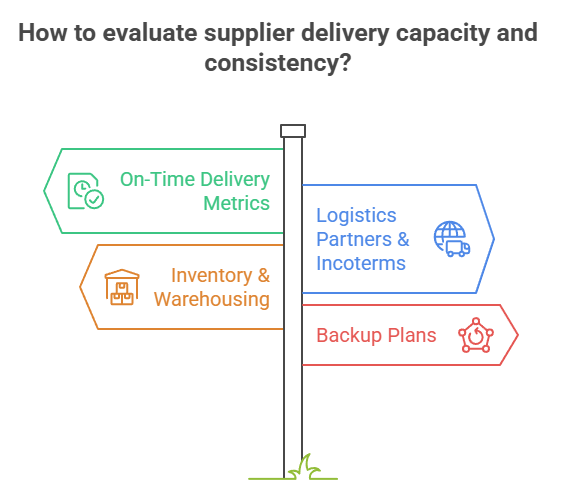
Lion Paper maintains operations across China, Cambodia, and South Korea to offer diversified production and logistics flexibility—ensuring your delivery schedules are always met.
5. Environmental and Social Compliance
Modern brands must align with eco-friendly and ethical suppliers. Here’s what to verify:
Use of sustainable materials and clean production processes
Certifications: FAMA, BSCI human rights compliance, environmental safety
Worker protection: training, equipment, overalls
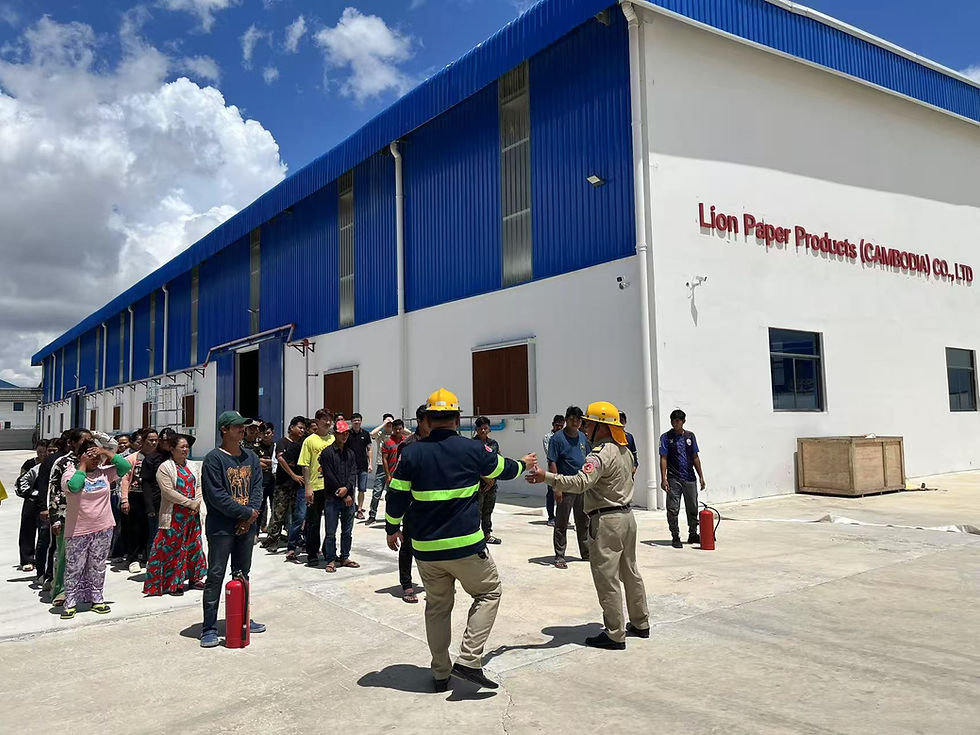
Lion Paper Products has passed environmental testing on materials and provides ethical treatment and safety standards across all factories.
6. Cost Transparency and Total Value
Don’t just chase low quotes. Instead, evaluate total cost of ownership, including:
Material quality and durability
Rework and defect rate costs
Lead time delays
Communication overhead
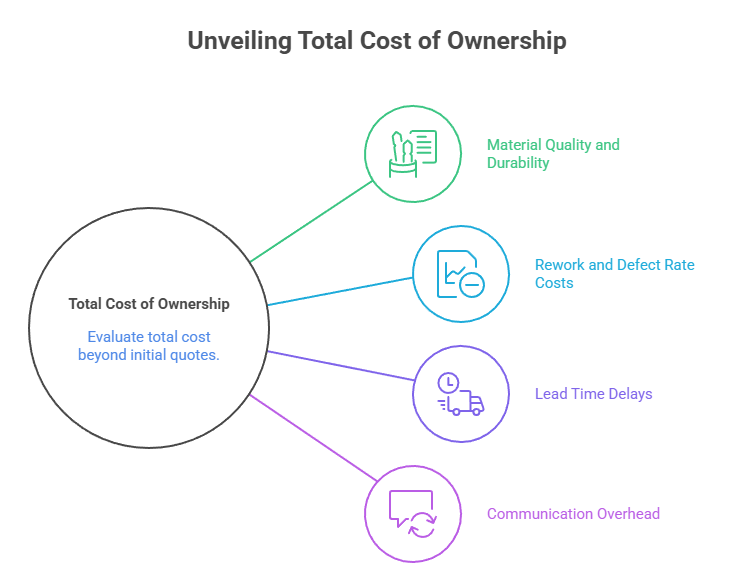
Lion Paper Products balances price and value, offering consistent quality at competitive rates—saving you from hidden costs in the long run.
7. Customization and Sample Turnaround
Customization is critical, especially for brand-forward companies. Confirm that your supplier can:
Offer professional design adjustment support
Modify layout, cover, finish, and binding style
Deliver accurate samples within 7 days
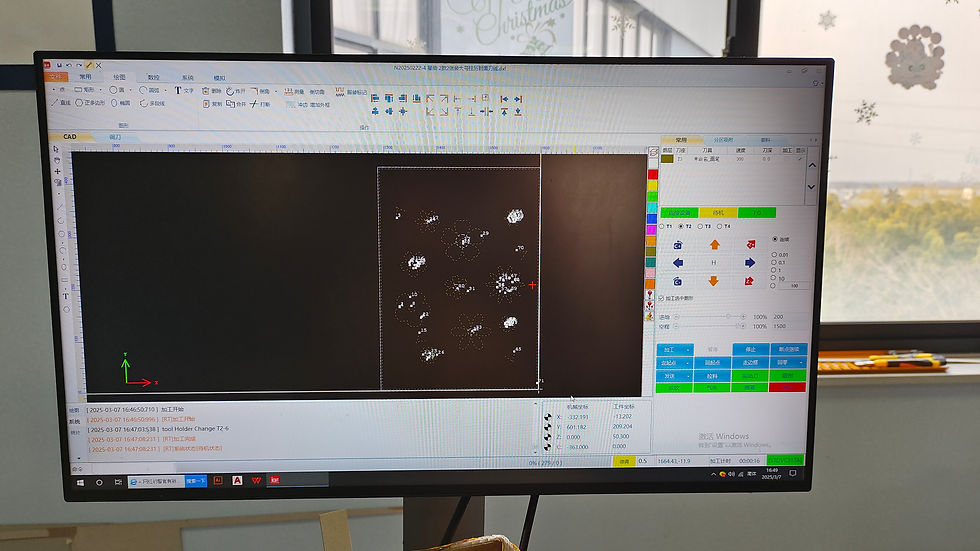
8. Track Record and Global Experience
A proven track record shows your supplier understands international markets. Ask for:
Export history and main markets
Key clients or case studies
Handling of compliance regulations (e.g., Amazon packaging)
Lion Paper Products has served stationery buyers in 8+ countries and works closely with buyers from retail chains, boutique stores, and government procurement channels.
9. Strategic Fit and Long-Term Potential
Finally, ensure your supplier can grow with you. Look for:
Willingness to adjust MOQs as your needs change
Flexibility in product lines
A collaborative, solution-focused attitude
Continue to learn and adapt to the rapidly changing world.
Lion Paper is more than a supplier—we're your partner in growth, customization, and optimizing your supply chain. To address the sudden tariff issues, we took proactive steps in 2023 by setting up a production base in Cambodia. We pursued opportunities with our partners in South Korea to develop our own international supply chain framework, assisting our core clients in managing tariff changes and reinforcing their trust in us.
Final Thoughts: Choose a Reliable Supplier
Choosing a reliable supplier is more than just ticking boxes. It’s about trust, communication, and shared goals. Use this checklist to evaluate and upgrade your current supply relationships—or find the right new one.
At Lion Paper Products, we’re proud to support writing paper product buyers with global sourcing solutions, ethical manufacturing, and unmatched customization.
Contact us for better business with Lion Paper!
—Leo Xia, CEO, Lion Paper Products
You design, we deliver.
FAQs:
Q1: What certifications should a reliable supplier have?
A: A reliable supplier should hold ISO9001, CPSIA, California Proposition 65, FAMA, and BSCI certifications, etc, to ensure product safety, environmental compliance, and ethical manufacturing.
Q2: How do I verify the supplier’s quality control capabilities?
A: Ask about multi-stage QC processes, inspection staff, use of video monitoring, and whether they own ISO quality management certifications.
Q3: What type of machines should a modern stationery supplier have?
A: Look for automatic punching, spiral binding, paper cutting, Heidelberg printing, laminating, and foil stamping machines.
Q4: How can I ensure on-time delivery from a supplier?
A: Evaluate their production planning, warehouse capacity, use of backup factories, and logistics partners.
Q5: Is price the most important factor in choosing a supplier?
A: No. Total value—including quality, defect rate, communication speed, and delivery reliability—is more critical than just low unit cost.
Q6: What does supplier responsiveness mean in real terms?
A: It means replying to inquiries within 24 hours, quick quoting, fast sampling, and proactive after-sales follow-up.
Q7: How do I verify if the supplier has international experience?
A: Ask for export destination lists, notable clients, and how they comply with regional standards like EU REACH or Amazon packaging.
Are you looking for a reliable manufacturer? Reach out to Lion Paper for a free quote and consultation. Let’s collaborate on creating custom writing paper products that will set your brand apart from the competition!

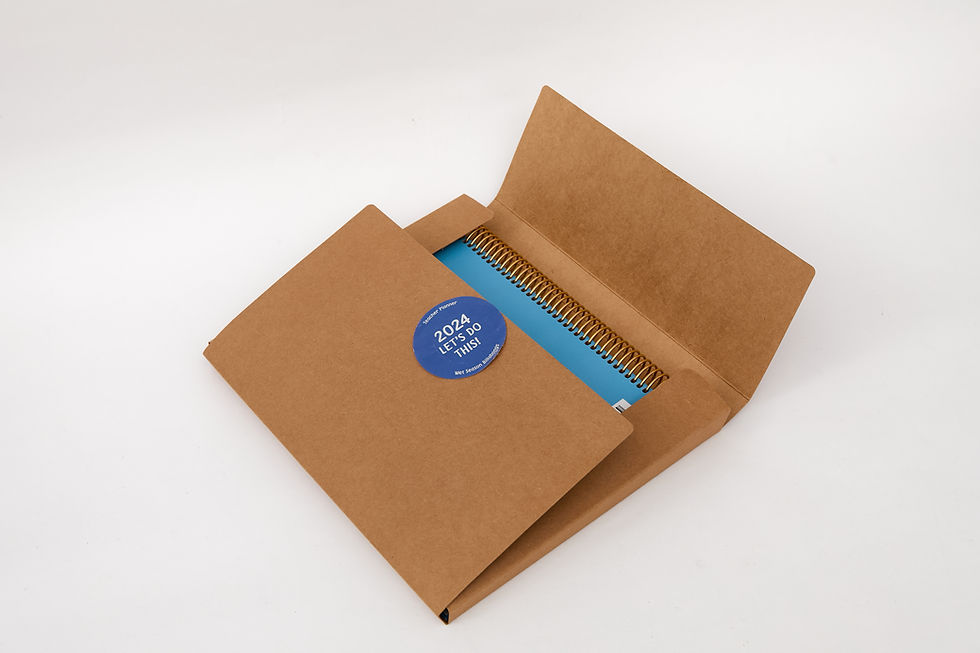



Comments